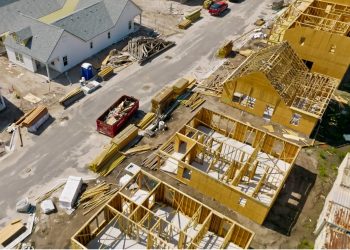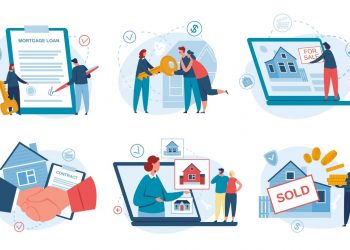You can do it for free at AnnualCreditReport.com. If there are any errors, correct them. Then do what you can to improve your credit rating by paying down your debt.
Avoid borrowing to buy a car or other big-ticket item in the months before you apply for a mortgage — and, for that matter, up to the date you finally close on your new home.
You can check your credit score at MyFico.com for $19.95. Anyone with scores below 620 will find it very difficult to qualify for a mortgage; borrowers with scores over 740 qualify for the best rates. It’s a good idea to try to improve your score in the months before you apply for a mortgage, because even a 20-point improvement can make a difference in the rate you can get, according to David Stein, chief operating officer of Residential Home Funding in Parsippany, N.J.
Be ready to offer up a lot of paperwork to document your income, debts and assets. Regulators have cracked down since the housing boom free-for-all, when unqualified buyers and borrowers got or refinanced mortgages they couldn’t actually afford.
Now, borrowers need to show one month’s worth of pay stubs, two months of bank statements and two years of tax returns, according to Stein. During the housing boom, Stein said, lenders “weren’t looking at anything — now they’re looking at everything.”
Then shop around among several lenders for the best rate.










